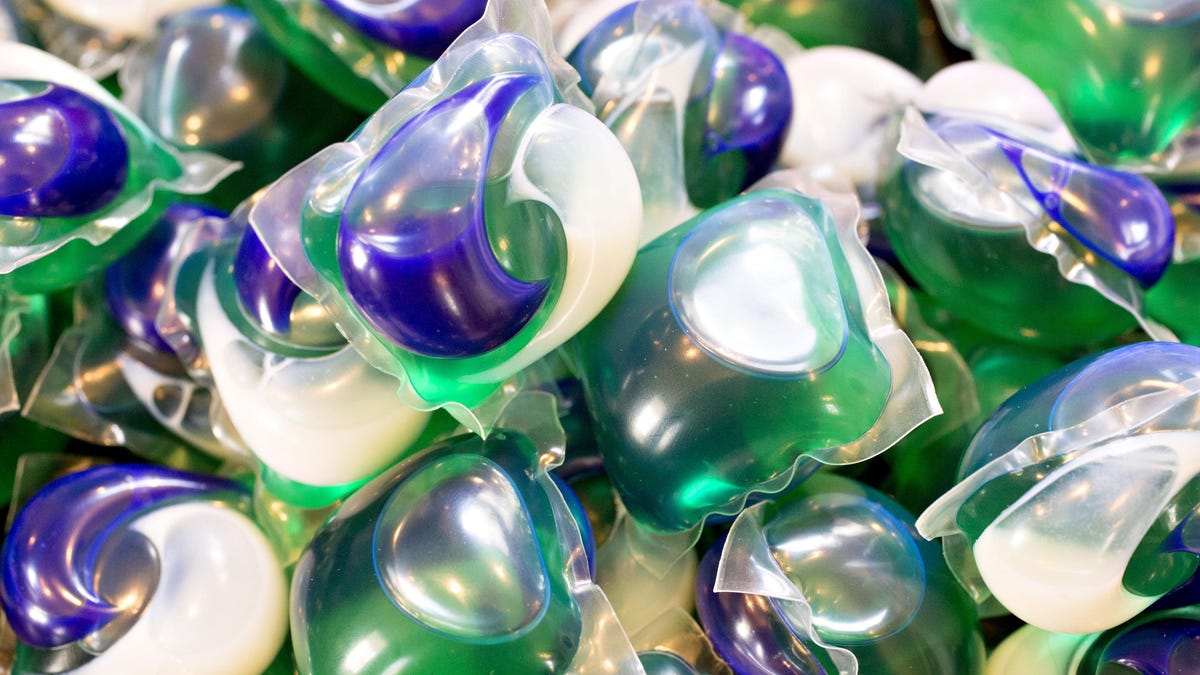Coastal Animals Thrive on Plastic Pollution in Pacific Ocean | Extreme Earth
In a recent development, Democratic New York City Council Member James Gennaro has introduced a bill that could revolutionize the way New Yorkers do their laundry. The proposed legislation, known as “Pods Are Plastic,” aims to ban dishwashing and laundry detergent pods coated in polyvinyl alcohol (PVA), a type of plastic that breaks down when exposed to water. While manufacturers claim that the PVA coating is biodegradable and safe, critics argue otherwise.
Sarah Paiji Yoo, co-founder of the plastic-free cleaning product company Blueland, has been a vocal opponent of PVA for years. Blueland, which produces PVA-free laundry and dishwasher tablets, helped draft the bill. Despite facing uncertain prospects in the New York City Council, the Pods Are Plastic bill is just one step towards addressing the issue of microplastics pollution from laundry.
Research shows that billions of plastic microfibers are released from clothing during everyday activities such as wearing, washing, and drying. The prevalence of plastic in clothing is a major contributor to microplastic pollution, with polyester, nylon, acrylic, and spandex all being derived from fossil fuel-based plastics. As the fashion industry continues to produce more plastic clothing, the problem of microplastic pollution is expected to worsen.
In addition to laundry-related microplastics pollution, clothing manufacturing also contributes significantly to the release of microfibers into the environment. Processes such as dyeing, printing, and pre-washing clothes generate billions of plastic microfibers that end up in wastewater. Addressing the issue of microplastic pollution requires systemic solutions, including washing machine filters, sustainable clothing design, and a shift away from fast fashion.
The debate over the environmental impact of laundry detergent pods continues, with industry trade groups asserting that PVA coatings are biodegradable and safe. However, recent studies have found that a significant portion of PVA released into the environment remains intact, posing a threat to ecosystems. Critics argue that current wastewater treatment practices are insufficient to break down PVA effectively.
As the discussion around microplastics pollution in clothing continues, experts emphasize the need for comprehensive solutions that address all stages of the textile life cycle. From manufacturing to disposal, synthetic clothing can shed microplastics at various points, contributing to environmental contamination. Efforts to combat microplastic pollution must consider the full life cycle of textiles and implement measures to reduce the release of microfibers into the environment.

